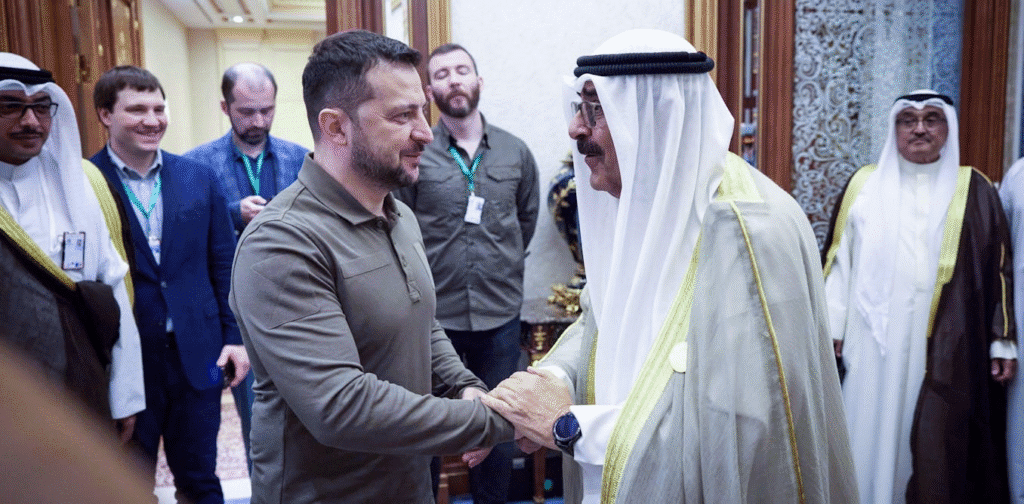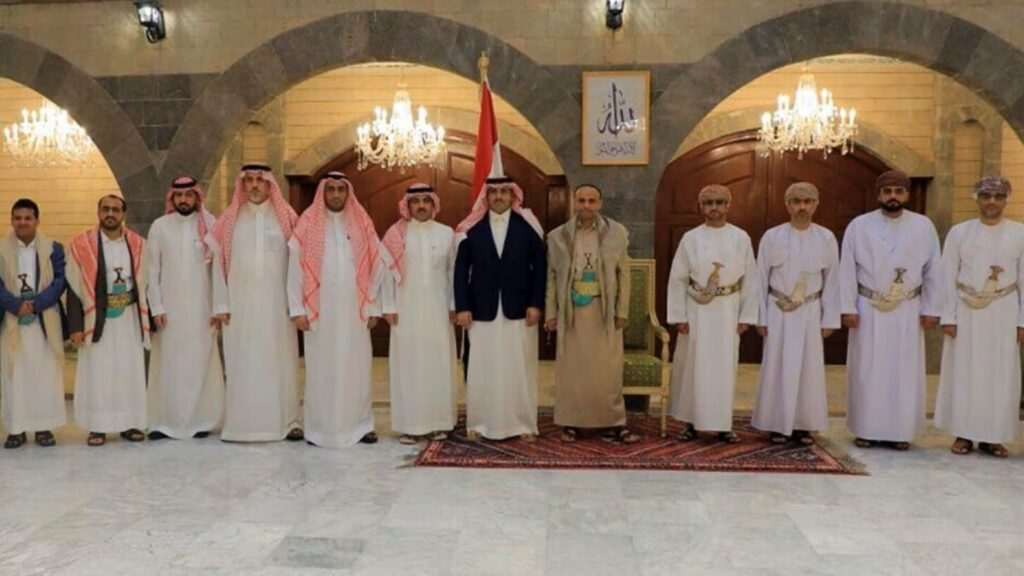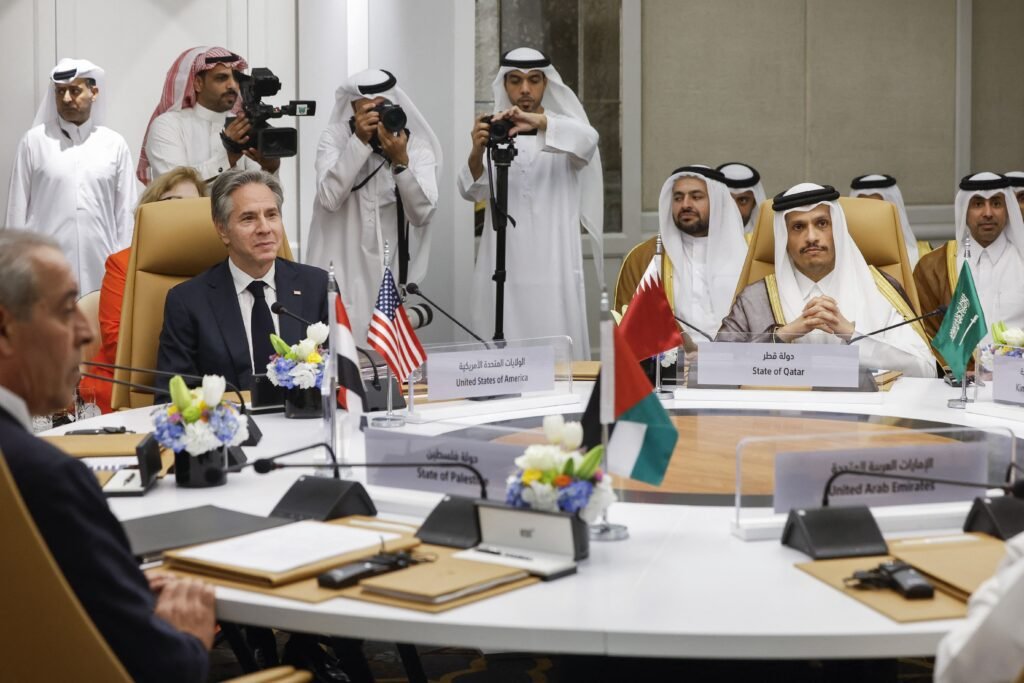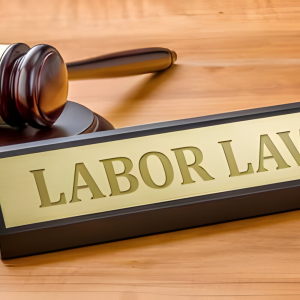Regional mediation role in Middle East peace talks has become increasingly significant in shaping diplomatic efforts and fostering stability across a historically volatile region. Countries within the Middle East and neighboring regions are playing a more proactive role in facilitating dialogue between conflicting parties, promoting peaceful solutions, and enhancing regional security.
This mediation role reflects a strategic approach by regional actors to stabilize political tensions, address humanitarian concerns, and strengthen diplomatic networks. By leveraging historical, cultural, and economic ties, regional mediators can act as credible and effective intermediaries, guiding parties toward mutually acceptable resolutions.
Historical Context of Regional Mediation
The Middle East has experienced decades of conflict, from inter-state wars to internal civil strife. Historically, international actors, including global powers and multinational organizations, dominated mediation efforts. While these efforts had varying degrees of success, regional actors increasingly recognize the need for localized solutions that align with cultural sensitivities and geopolitical realities.

Countries such as the UAE, Saudi Arabia, Oman, Qatar, and Egypt have assumed more active mediation roles in recent years, supporting peace talks, ceasefires, and reconciliation initiatives. Their involvement is informed by:
- Shared regional interests: Stability in neighboring countries directly affects security and economic prosperity.
- Cultural understanding: Mediators familiar with regional dynamics can foster trust between conflicting parties.
- Strategic diplomacy: Regional actors gain political leverage and strengthen their influence in international affairs.
Key Mediation Initiatives
Regional mediation in the Middle East has taken several forms, ranging from informal dialogues to structured negotiations:

- Conflict resolution in Yemen: Regional actors have facilitated dialogue between the Yemeni government and Houthi representatives, seeking ceasefires and humanitarian access.
- Palestinian-Israeli negotiations: Countries like Egypt and Jordan play a crucial role in hosting talks and ensuring both sides engage constructively.
- Libya peace process: Regional mediators support reconciliation between rival factions and help coordinate international support.
These initiatives highlight the increasing reliance on regional players to address complex conflicts that may not be fully resolved by global institutions alone.
Mechanisms of Effective Regional Mediation
For mediation to be successful, several key mechanisms are employed:
- Neutral facilitation: Mediators act as impartial facilitators, building trust among parties and promoting dialogue without bias.
- Back-channel diplomacy: Confidential discussions often precede formal negotiations, allowing sensitive issues to be explored.
- Economic and humanitarian incentives: Offering development assistance or aid packages can encourage cooperation and compliance.
- Cultural and religious sensitivity: Understanding local traditions, tribal dynamics, and religious considerations is crucial to fostering consensus.
By combining these mechanisms, regional mediators can create conditions conducive to long-term peace and stability.

Benefits of Regional Mediation
The regional mediation role in Middle East peace talks yields multiple benefits:
- Reduced foreign dependency: Localized solutions reduce reliance on external powers and empower regional actors.
- Faster response times: Regional actors can respond quickly to escalating tensions or crises.
- Enhanced legitimacy: Parties are more likely to accept agreements facilitated by familiar regional actors.
- Promoting sustainable peace: Solutions rooted in regional realities tend to be more durable and accepted by local populations.
These benefits demonstrate that effective regional mediation not only resolves immediate disputes but also contributes to long-term stability and development.
Challenges and Limitations
Despite its potential, regional mediation faces several challenges:
- Complex alliances: Overlapping political, economic, and sectarian interests may complicate negotiations.
- Power imbalances: Stronger regional actors may be perceived as imposing solutions rather than facilitating dialogue.
- External interference: Global powers may influence regional mediation processes to serve strategic interests.
- Fragile trust: Decades of conflict have eroded confidence, making parties hesitant to engage sincerely.
Addressing these challenges requires careful planning, transparent processes, and inclusive engagement with all stakeholders.
Case Studies of Successful Mediation
Several successful examples illustrate the effectiveness of regional mediation:
- Omani mediation in Yemen: Oman has acted as a discreet facilitator, hosting back-channel discussions and providing neutral ground for negotiations.
- Egypt in Gaza-Israel talks: Egypt’s diplomatic efforts have helped broker temporary ceasefires and foster humanitarian agreements.
- UAE and Qatar in Afghanistan: Regional actors contributed to facilitating dialogue and humanitarian assistance, complementing international efforts.
These case studies highlight the potential of regional mediation to produce tangible results when executed strategically and with commitment.

The Role of Regional Organizations
Regional organizations, such as the Arab League and Gulf Cooperation Council (GCC), also play a critical role in mediation. They provide institutional frameworks for dialogue, coordinate regional policies, and offer platforms for negotiation. Collaborative efforts through these organizations enhance legitimacy and ensure a more comprehensive approach to conflict resolution.
Future Outlook
The regional mediation role in Middle East peace talks is expected to expand in the coming years, driven by:
- Rising regional influence: Middle Eastern countries are increasingly recognized as capable mediators on the global stage.
- Growing interdependence: Economic, security, and humanitarian links necessitate cooperative approaches.
- International support: Regional mediation is often endorsed and supplemented by the UN and other international bodies.
- Technological tools: Digital diplomacy, secure communications, and data analytics improve negotiation effectiveness and monitoring.
By strengthening institutional frameworks, enhancing mediator capacity, and fostering inclusive dialogue, regional actors can continue to advance peace and stability.
Conclusion
The regional mediation role in Middle East peace talks is critical for fostering dialogue, resolving conflicts, and promoting sustainable stability across the region. With a deep understanding of cultural, political, and historical contexts, regional mediators can complement global efforts, address sensitive issues, and produce lasting solutions. As conflicts evolve, the importance of localized, credible, and inclusive mediation will only increase, positioning regional actors as indispensable contributors to peace and prosperity in the Middle East.
Do follow UAE Stories on Instagram
Justice Delivered: Trio Ordered to Pay Dh100,000 for Funds Misuse in UAE













